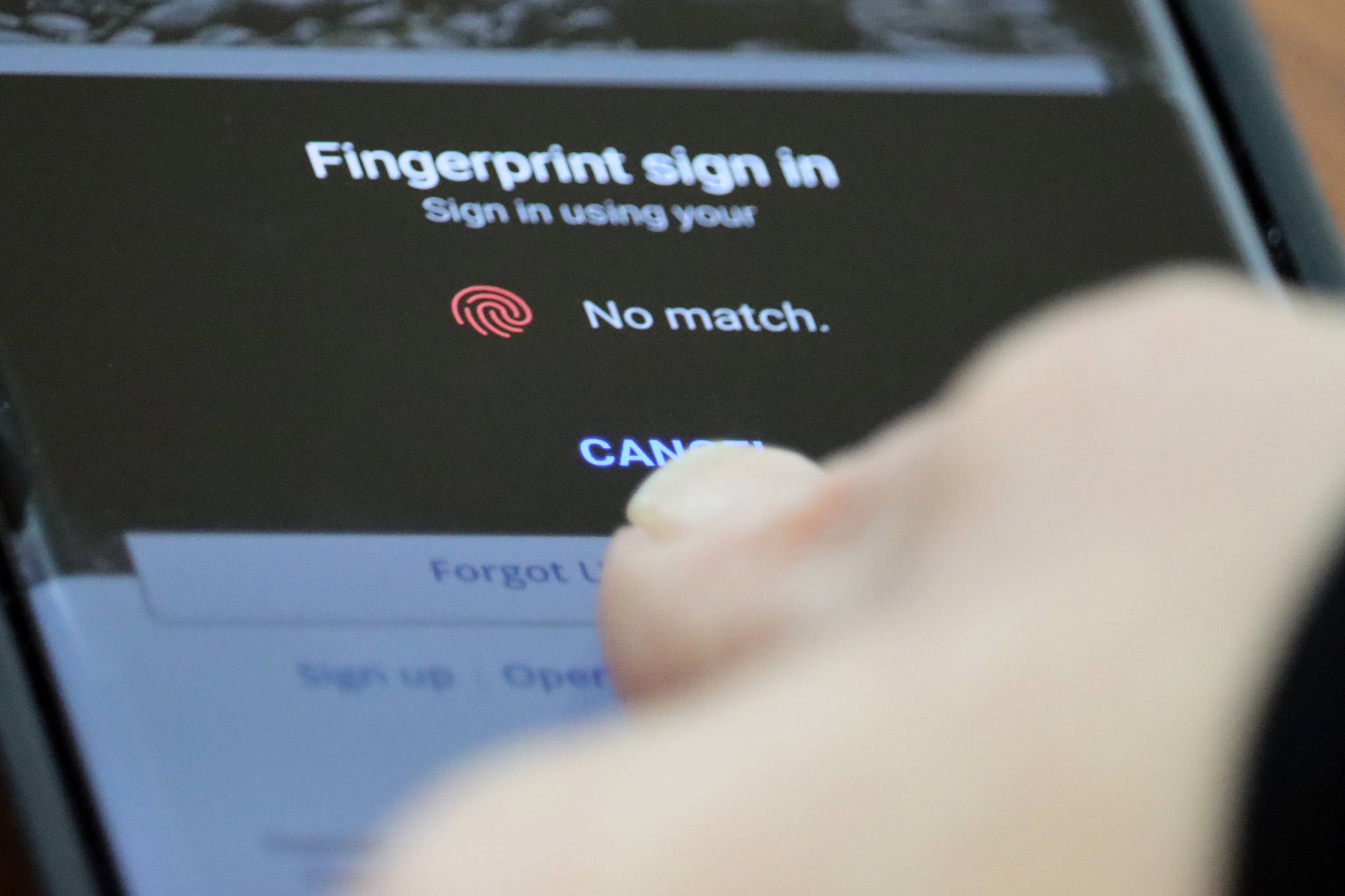Gov. Mike Dunleavy introduced a bill Wednesday that if passed would enact sweeping reforms to protect Alaskan’s digital privacy.
Called the Consumer Data Privacy Act, the bill would establish four concrete rights for Alaskans when it comes to their digital information, the governor said in a letter to the Legislature.
Citing high-profile data breaches and exploitation of consumers’ personal information, Dunleavy said his bill would provide Alaskans with the right to know when businesses are collecting information, what information is being collected, the right to request that information be deleted and the right to prevent a business from selling their information. The bill also follows a data breach in October 2020 when more than 100,000 Alaskans’ data was exposed after a Division of Elections database was hacked.
“In our modern world nearly everything individuals do online, everything that is liked, shared, or commented on social media, and everywhere people go is being tracked, collected, and sold in many instances without Alaskans’ knowledge or consent,” Dunleavy said in a news release.
The bill is meant to apply to large businesses, the governor’s office said in a statement and lists three conditions under which a business must comply with the law. The law would apply to businesses with gross revenues of more than $25 million, businesses that bought or disclosed personal information of more than 100,000 people or households or businesses that sell the personal information of a consumer taken from a personal device.
[113,000 Alaskan voter IDs exposed in data breach]
Social media companies have come under increased scrutiny from state, federal and international governments, such as the European Union, for a range of business practices including the information they collect and sell without users’ informed consent. Dunleavy’s letter to lawmakers cites the 2018 Cambridge Analytica scandal, in which it was revealed an analytics company had stolen private information of U.S. Facebook users with the intent to sell psychological profiles of voters to political campaigns, according to the New York Times.
Citing the Times in his letter, Dunleavy said the paper had shown examples of companies being able to read private messages and to see contact information and activities of users’ friends.
“Facebook maintained they are not selling user data, but we must challenge that claim and ensure consumers can determine what is done with their personal data,” Dunleavy’s letter said.
Cambridge Analytica was principally owned by Republican donor and supporter of former President Trump Robert Mercer and one-time Trump administration officials Steven Bannon. Former national security advisor John Bolton had interests in the company as well.
The governor’s bill is similar to the 2018 California Consumer Privacy Act and California Privacy Rights Act, according to Assistant Attorney General Maria Bahr, and the state was not aware of any legal challenges to those laws.
Several other states have varying data privacy laws but in addition to California, only Nevada and Virginia have comprehensive data privacy laws, according to the National Conference of State Legislatures.
The governor’s bill also makes it illegal for companies to sell information from minors under 13 and requires parental consent to sell the information of a minor over 13.
The bill would also require so-called “data brokers,” third-party companies that buy and sell private data as their sole business, to register with the Department of Commerce, Community and Economic Development.

